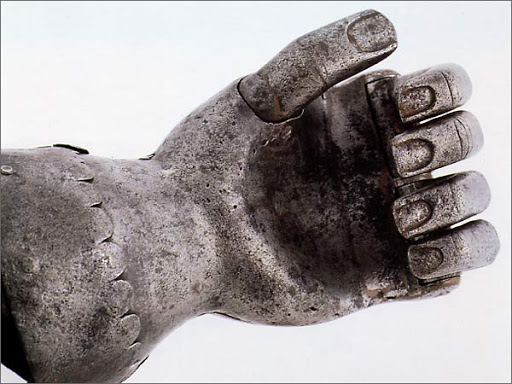AUGUST 9, 2020 – Early on I was destined for Ayn Rand Land. One of my grandpas was “Ragnar,” the name of the hero-privateer in Rand’s best-seller, Atlas Shrugged. My other grandpa was a businessman. My dad was an arch-conservative, meaning my mom had to go along. Then the kicker: my oldest sister, an intellectual tour de force, was infatuated with . . . Ayn Rand. Not only did my sister devour all of Rand’s books, but as a high school senior, she subscribed to Rand’s newsletter, The Objectivist, and wore a large dollar sign pin—emulating the fashion set by Rand.
As a seventh grader, I was impressed. I started with Rand’s thinnest book, Anthem and graduated immediately to the thickest book, Atlas Shrugged. I was hooked. I read Rand’s The Virtue of Selfishness, which had my name written all over the title . . . well, part of it, anyway: the next time my second oldest sister called me selfish, I referred her to The Virtue of . . .
I continued my journey into Rand Land, reading all of her books along the way. I was a full subscriber—if not to The Objectivist itself, then to Rand’s philosophy . . . hook, line, and sinker.
Meanwhile, having been sent away to boarding school, I learned to appreciate my parents—now that 1,000 miles were between us. At some point I felt a need to reassure them that politically, at least, I hadn’t “fallen” for liberal ideas. My reassurance was conveyed by a letter in which I wrote a passionate disquisition on the virtue of . . . Ayn Rand’s libertarian philosophy.
Two weeks later I received a reply from Dad.
After a summary of mundane happenings back home, he started a new paragraph, “As to your infatuation with Iron Hand, . . .”
I was stunned by Dad’s open, sarcastic denigration of Ayn Rand—given his own unequivocally conservative and largely libertarian political philosophy. But then he hurled an even bigger curve ball: “. . . don’t accept anyone’s philosophy hook, line or sinker—with one exception: the teachings of Jesus of Nazareth.”
It was the only time I’d ever hear my dad say (or see him write) “Jesus”—outside of mouthing the liturgy in church during the years my mom finally dragged him there.*
Only now do I realize that Dad’s emphasis was on the pure content of Jesus’s words, not the institutionalized exploitation of them—that is, “organized Christianity.” In any event, after that letter my interest in “Iron Hand” began to fade.
A few years ago, when libertarianism became a disturbingly popular influence on our body politic, I re-read Atlas Shrugged. I was appalled. My first reaction: Where was the copy editor?! My second: The author was a wholesale crank, posing as writer, philosopher, and scholar of political economy, yet lacking a grasp of such fundamental economic principles as supply and demand. And I readily discerned that despite her “infatuation” with “private enterprise,” she’d never worked for or run a real-life business. In my world view, her ideas were bankrupt ab initio.
(Remember to subscribe to this blog and receive notifications of new posts by email.)
© 2020 by Eric Nilsson
